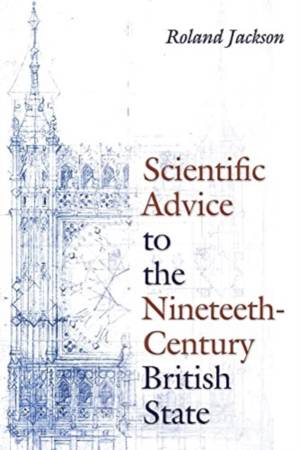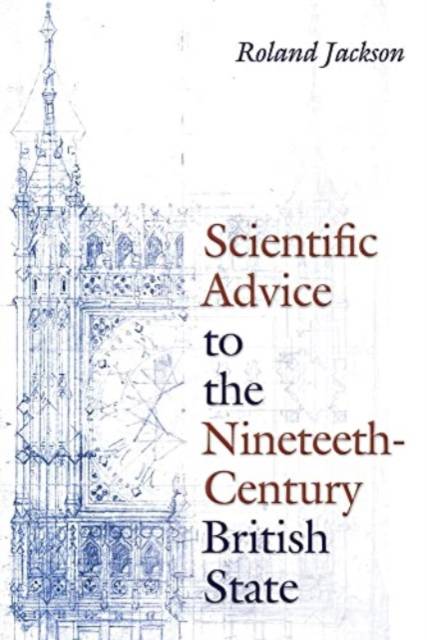
- Afhalen na 1 uur in een winkel met voorraad
- Gratis thuislevering in België vanaf € 30
- Ruim aanbod met 7 miljoen producten
- Afhalen na 1 uur in een winkel met voorraad
- Gratis thuislevering in België vanaf € 30
- Ruim aanbod met 7 miljoen producten
Zoeken
Omschrijving
In twenty-first-century Britain, scientific advice to government is highly organized, integrated across government departments, and led by a chief scientific adviser who reports directly to the prime minister. But at the end of the eighteenth century, when Roland Jackson's account begins, things were very different. With this book, Jackson turns his attention to the men of science of the day--who derived their knowledge of the natural world from experience, observation, and experiment--focusing on the essential role they played in proffering scientific advice to the state, and the impact of that advice on public policy. At a time that witnessed huge scientific advances and vast industrial development, and as the British state sought to respond to societal, economic, and environmental challenges, practitioners of science, engineering, and medicine were drawn into close involvement with politicians. Jackson explores the contributions of these emerging experts, the motivations behind their involvement, the forces that shaped this new system of advice, and the legacy it left behind. His book provides the first detailed analysis of the provision of scientific, engineering, and medical advice to the nineteenth-century British government, parliament, the civil service, and the military.
Specificaties
Betrokkenen
- Auteur(s):
- Uitgeverij:
Inhoud
- Aantal bladzijden:
- 464
- Taal:
- Engels
- Reeks:
Eigenschappen
- Productcode (EAN):
- 9780822947905
- Verschijningsdatum:
- 14/11/2023
- Uitvoering:
- Hardcover
- Formaat:
- Genaaid
- Afmetingen:
- 163 mm x 242 mm
- Gewicht:
- 771 g

Alleen bij Standaard Boekhandel
+ 213 punten op je klantenkaart van Standaard Boekhandel
Beoordelingen
We publiceren alleen reviews die voldoen aan de voorwaarden voor reviews. Bekijk onze voorwaarden voor reviews.











